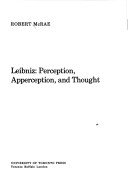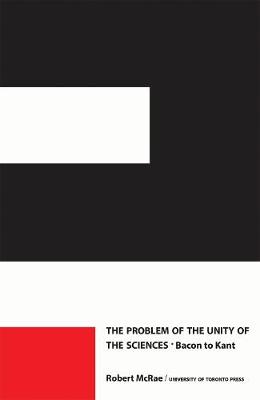Heritage
2 total works
Leibniz's theory of knowledge, unlike his logic and metaphysics, has until now received little attention from philosophers.
This book attempts to give coherence to the elements of his epistemology, scattered as they are throughout his writings, by seeking to determine what Leibniz meant when, on three occasions and each time without explanation, he said that thought and the faculty of understanding are the products of the conjoining of apperception and perception. To discover what he meant is to arrive at his conception of what on the side of the mind constitutes the necessary and sufficient conditions of knowledge.
Almost half of the study is taken up with Leibniz's theory of perception -- with its initially strange notion of perception as expression and as activity -- and with such questions as: What is sensation and how is it related to perception and apperception? How are the soul's perceptions produced? The answer to the last question involves a new look at Leibniz's theory of causation. In turn, consideration of the nature of thought raises questions as to how apperception can give rise to concepts, what different concepts there are, and what principles are operative in rational thought. Finally, the book examines the roles played by the senses and the understanding in the knowledge and experience of sensible phenomena.
Throughout the book Professor McRae endeavours to give teleology no less importance than that given it by Leibniz himself, especially in the consideration of perception and of the possibility of the knowledge and experience of phenomena.

